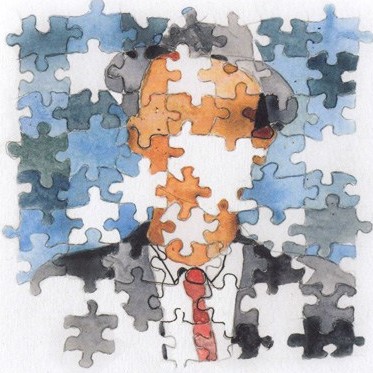April 24, 2024
Wellbeing at an ‘all-time low’ claims report
 A new report published by Dialogue Health Technologies Inc., claims that overall wellbeing is at a low point as people struggle with lifestyle challenges around sleep and physical activity. Wellbeing Report: A benchmark for Canadian health, based on data gathered through Dialogue’s Wellbeing Score benchmarking thousands of people across Canada, is indicative of trends seen across the globe.
A new report published by Dialogue Health Technologies Inc., claims that overall wellbeing is at a low point as people struggle with lifestyle challenges around sleep and physical activity. Wellbeing Report: A benchmark for Canadian health, based on data gathered through Dialogue’s Wellbeing Score benchmarking thousands of people across Canada, is indicative of trends seen across the globe.
The Wellbeing Score leverages the World Health Organisation’s (WHO) Wellbeing Index (WHO-5), one of the most widely used questionnaires to measure wellness in research, uncovering insights across five dimensions of mental health and wellbeing, including mood, stress, sleep, activeness, and sense of purpose. Results show lower scores on sleep and physical activity compared to any other dimension. These two areas can be impacted by work stress, family obligations and, in light of the current rise in living costs, financial stress and anxiety, resulting in downstream effects like lack of energy and overall productivity.
The report claims that the data from the Canadian survey is ‘worryingly reflective’ of a similar scenario playing out in the UK, with the NHS reporting that 64 percent of people aged 17 to 23 years of age had sleep issues 3 or more times in a given week, and with sleep issues being even more prevalent in young people with mental health disorders. Mental Health UK cites nearly 1 in 5 people in the UK aren’t getting enough sleep, and that 37 percent of adults in the UK blame their work for reducing the amount of control they feel they have over their sleep.
When it comes to activeness, 40 percent of women and 30 percent of men are still not meeting the recommended 150 minutes of moderate physical activity per week. However, studies show that 80 percent of chronic illnesses such as diabetes and heart disease can be impacted by lifestyle factors, notably remaining physically active. Regular physical activity is also associated with a 30 percent decrease in anxiety and depression symptoms.
“Measuring and benchmarking how people are feeling and areas of lifestyle in which they are struggling is the key to unlocking the right resources to improve wellbeing through small, measurable changes to daily habits’’, shares Dr. Marc Robin, Medical Director, Dialogue. “By leveraging the WHO-5 self-assessment, individuals are guided to recognize and embrace the small, everyday steps, such as walking more, that lead to a healthier lifestyle. This approach not only provides proven strategies for improved wellbeing but also empowers people to take charge of their health, nurturing better habits early on and reducing the need for more serious care later on.”
The report also suggests that overall wellbeing scores are significantly worse than pre-pandemic levels. Older Gen Zs and younger millennials (age 20-29) displayed the lowest subjective scores compared to other adult age groups, consistent with increased rates of mental health diagnoses for people of similar age. However, when presented with options to improve wellbeing, 71 percent of employees with access to Dialogue’s Wellness Programme who benchmarked their wellbeing were motivated to start a small, easily measurable, and attainable new habit.
















